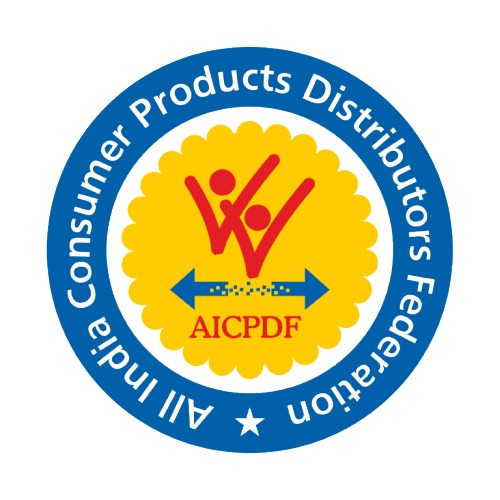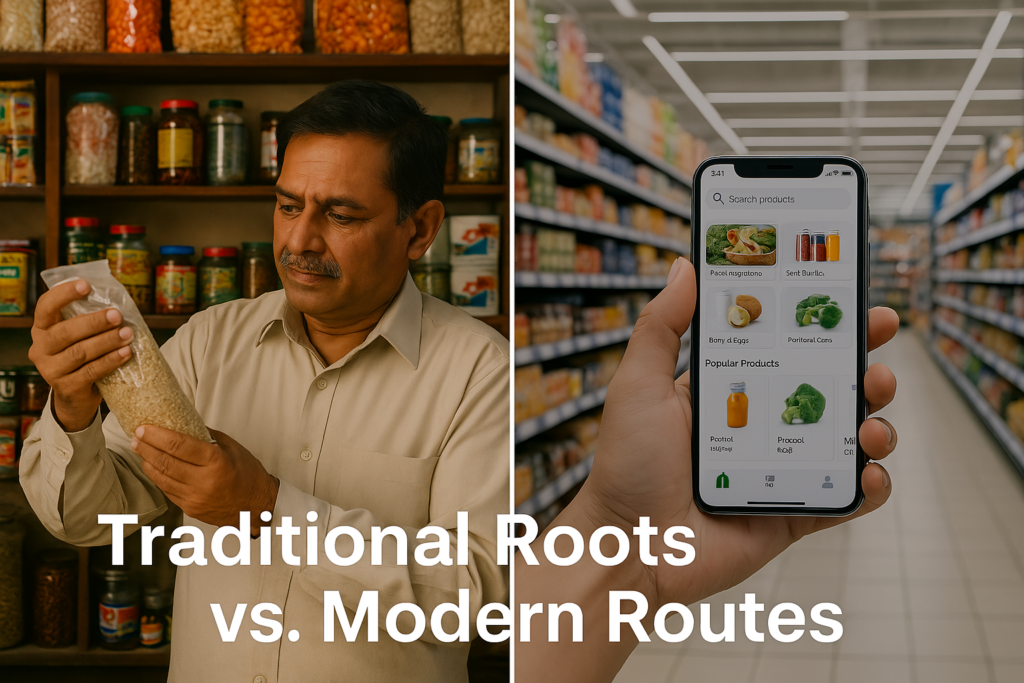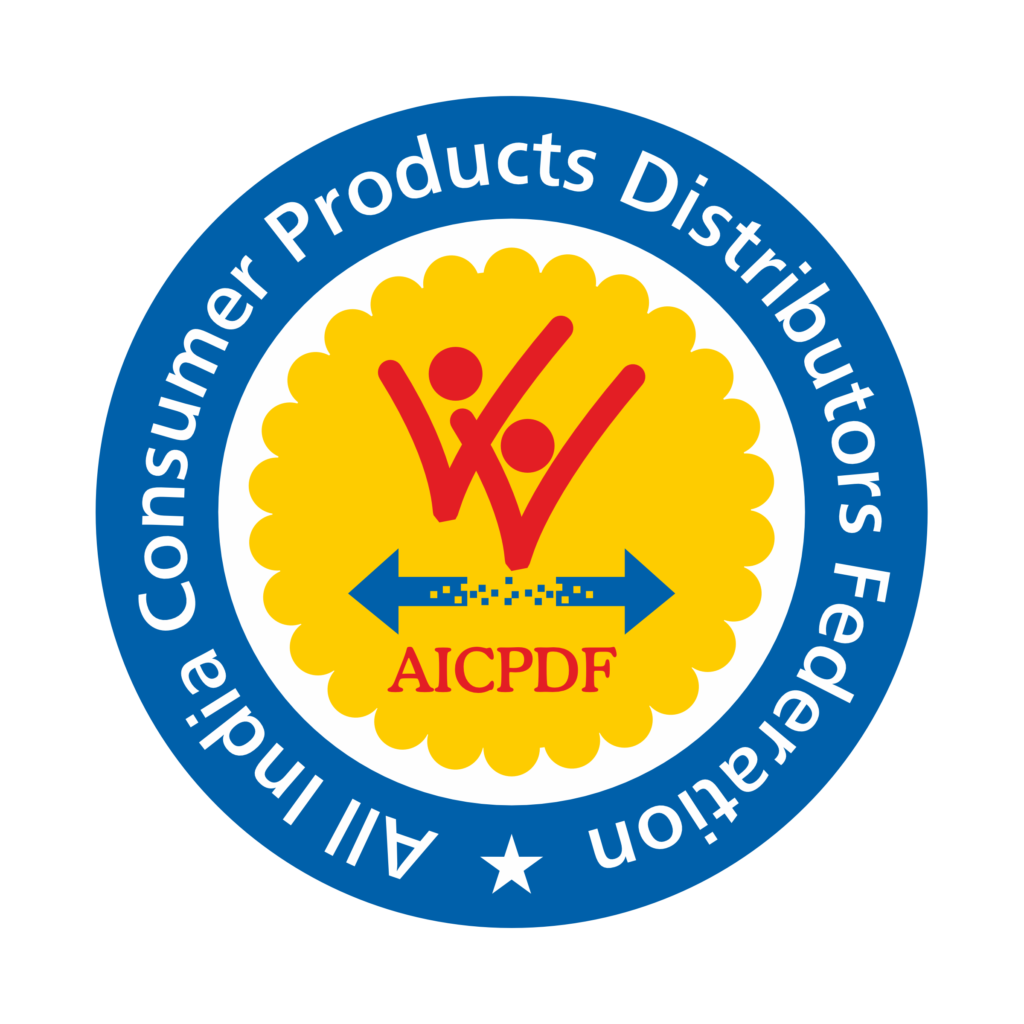The Indian FMCG landscape is undergoing a significant transformation, driven by the rapid growth of modern trade channels. Supermarkets, hypermarkets, and e-commerce platforms are reshaping consumer shopping habits, presenting both challenges and opportunities for traditional FMCG distributors and retailers. This article explores the rise of modern trade and provides strategies for distributors to adapt and thrive in this evolving retail business market.
Understanding the Modern Trade Phenomenon:
Defining Modern Trade:
Clearly define modern trade and its key characteristics, such as organized retail formats, centralized procurement, and advanced supply chain management. Highlight the factors driving the growth of modern trade, including urbanization, rising disposable incomes, and changing consumer preferences in the FMCG retail industry.
Impact on Traditional Distribution:
Analyze the impact of modern trade on traditional distribution channels, such as kirana stores and independent retailers. Discuss the challenges faced by distributors in competing with modern trade players, including pricing pressures, inventory management, and logistics in retail operations.
Strategies for Adapting to Modern Trade:
Building Strategic Partnerships:
Emphasize the importance of forging strong partnerships with modern trade retailers. Discuss strategies for negotiating favorable terms, ensuring timely deliveries, and providing value-added services, especially relevant for product distributors.
Optimizing Supply Chain and Logistics:
Highlight the need for efficient supply chain and logistics management to meet the demands of modern trade. Discuss strategies for optimizing inventory levels, streamlining delivery routes, and leveraging technology for real-time tracking, crucial for FMCG distributors.
Leveraging Data Analytics:
Explain how data analytics can help distributors gain insights into consumer behavior, sales trends, and inventory management. Discuss the importance of using data to personalize offerings, optimize pricing, and improve customer satisfaction in the retail business.
Enhancing Customer Relationship Management:
Modern trade requires more sophisticated customer relationship management. Discuss ways to improve CRM. Discuss the need to adapt to the advanced CRM systems of modern trade, especially for retail suppliers and distributors.
Adapting to E-commerce:
Discuss the importance of establishing an online presence and partnering with e-commerce platforms. Highlight the need for efficient order fulfillment, delivery, and customer service to succeed in the online retail industry.
Embracing Technology and Innovation:
Technology Adoption:
Discuss the role of technology in enabling distributors to adapt to modern trade, such as enterprise resource planning (ERP) systems, warehouse management systems (WMS), and transportation management systems (TMS). Highlight the benefits of automation, data analytics, and real-time tracking in improving efficiency and reducing costs for FMCG distributor businesses.
Innovation and Differentiation:
Encourage distributors to innovate and differentiate their offerings to stand out in the competitive modern trade landscape. Discuss strategies for developing unique value propositions, offering customized solutions, and providing exceptional customer service in the retail and business environment.
Conclusion:
The rise of modern trade presents both challenges and opportunities for FMCG distributors. By adopting strategic partnerships, optimizing supply chain and logistics, leveraging data analytics, and embracing technology, distributors can adapt and thrive in this evolving FMCG retail industry.



